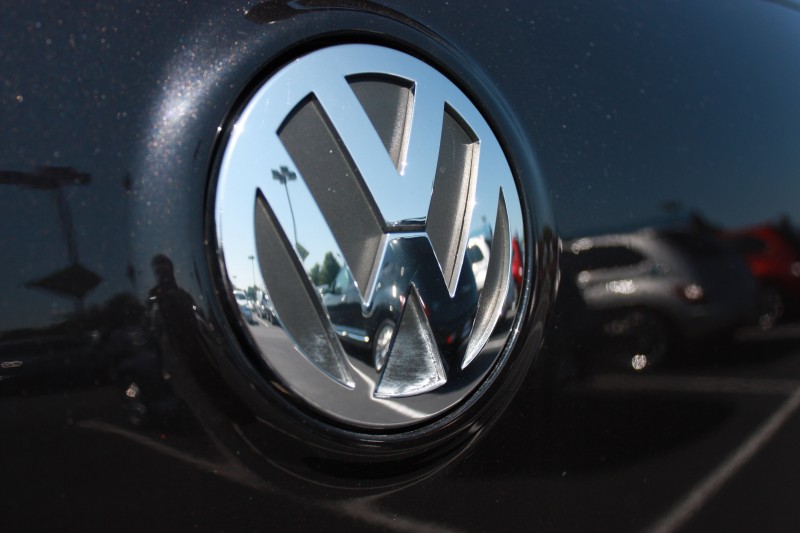Volkswagen is still struggling to get control of its diesel emissions crisis.
Just a week after the automaker announced a voluntary refit for millions of vehicles containing software that allows them to cheat emissions tests, regulators in Germany have ordered the group to recall the cars.
“[We’re] forcing Volkswagen to recall 2.4 million vehicles in Germany. This is part of the 11 million vehicles affected worldwide,” said Stephan Immen, spokesman for the KBA, Germany’s vehicle registration and safety agency.
“The recall will start at the beginning of 2016 with the 2.0 liter motors, and will end with the 1.6 liter motors,” he added.
Volkswagen has already been ordered to recall nearly 500,000 vehicles in the U.S., after regulators revealed that it had installed “defeat devices” to ensure they pumped out far less toxic emissions in official tests than on the roads.
Alexander Dobrindt, transport minister in the German government, said Volkswagen would have to remove the devices and “take the necessary steps to ensure compliance with emission regulations.”
Volkswagen has yet to provide a timetable for the U.S. recall, and has suspended sales of diesel cars there.
The company has said as many as 11 million diesel vehicles worldwide might need a refit. Volkswagen Group CEO Matthias Mueller said last week all cars in Germany should be fixed by the end of 2016.
Most of the vehicles will need a software upgrade, others will need work on the hardware of the car.
But the German regulator said Thursday it was difficult to set a deadline for the end of the recall because the hardware fix required for cars fitted with 1.6 liter diesel engines would only be ready from September 2016.
The vehicles affected include some diesel models made by Volkswagen, Audi, SEAT and Skoda between 2009 and 2015.
Owners are worried that the repairs could harm the performance of the cars, or make them less efficient. The company has said it hopes to avoid that.
— CNN’s Chris Liakos and Laura Perez-Maestro contributed to this article.
